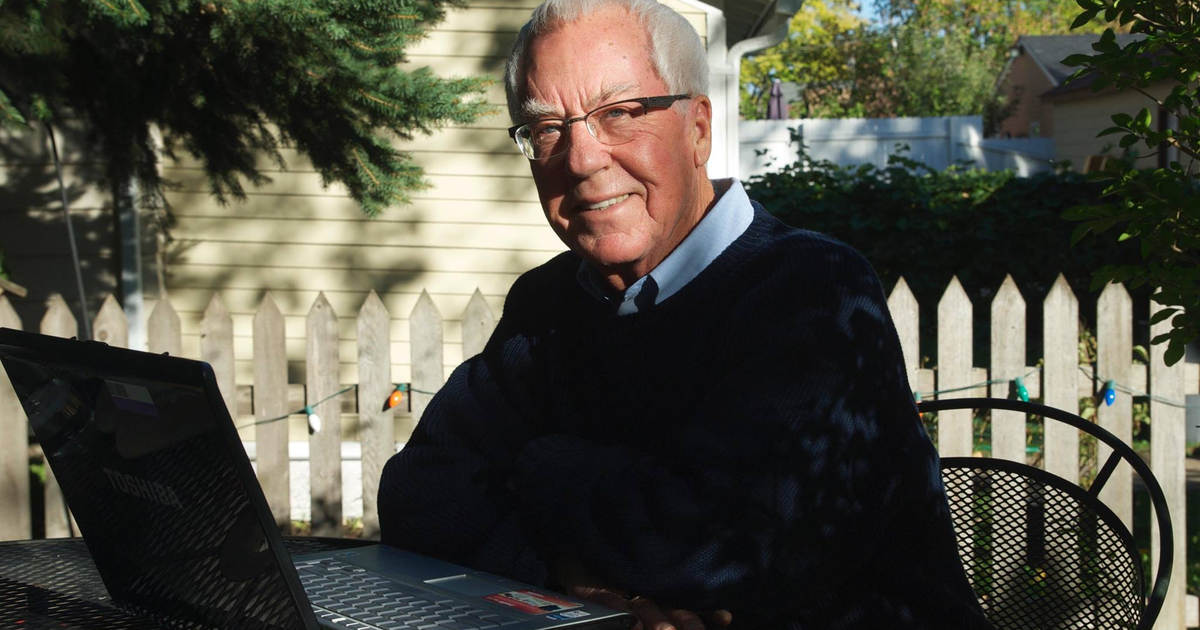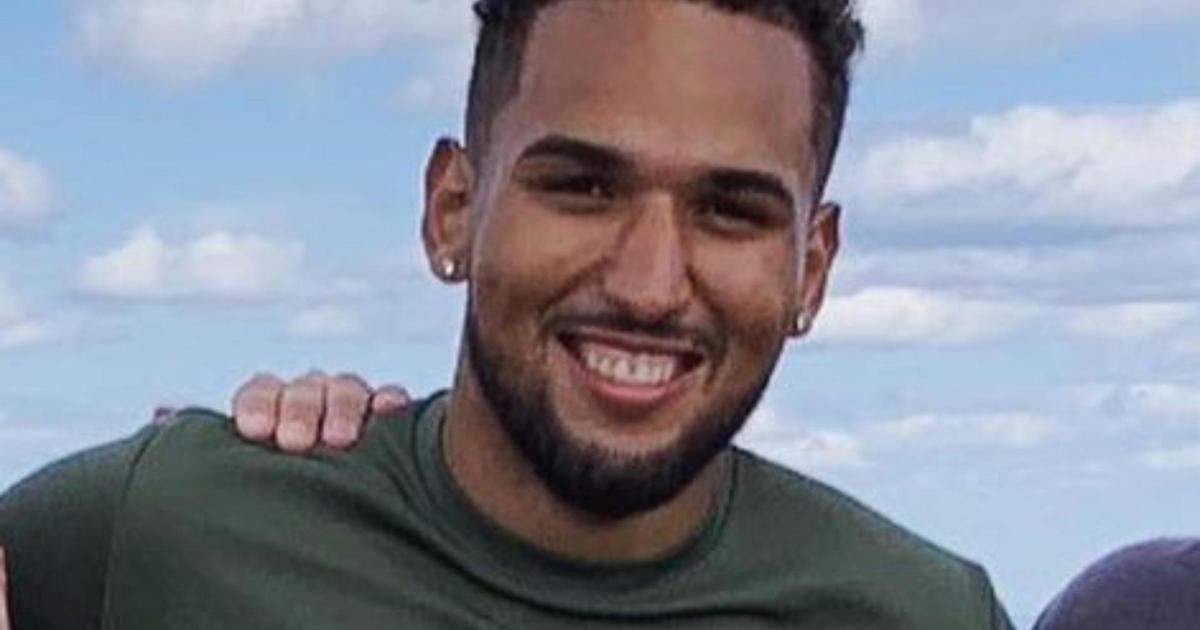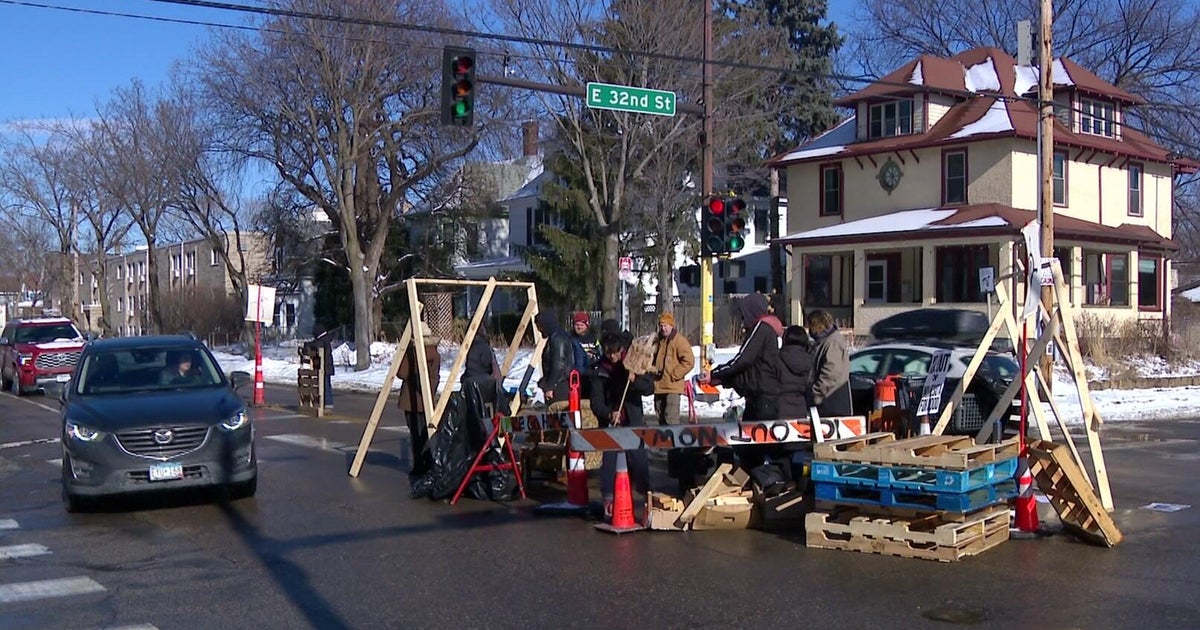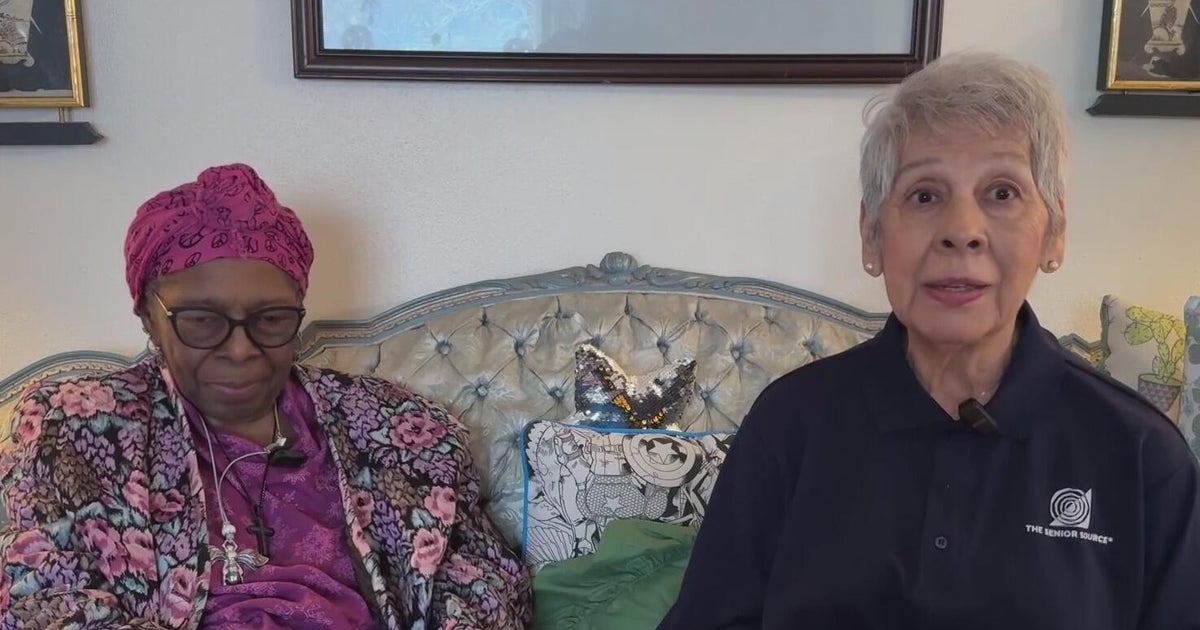You Have To Plan On Dying
BOSTON (CBS) - We all do some really dumb things when it comes to our money. And sometimes it is not what we do; it is what we don't do. Often we are not even aware of the consequences of our lack of action.
According to a survey by the legal service Rocket Lawyer, almost three-quarters (71%) of adults under the age of 34 do not have a will. And over 40% of aging Baby Boomers do not have one.
Estate planning is not just for the wealthy. If you have some assets you have accumulated, such as your home or retirement accounts or if you have kids, you have people and things you need to protect.
What estate planning does is allow you to plan. Plan for the day when you are not around to care for the loved ones in your life or plan on how your assets are to be distributed upon your death. Sounds easy but no one wants to talk about their own mortality or morbidity.
If you do not have a will the state where you are living at the time of your death has a will in place for you according to their state laws. And for most individuals it is not always the way they would have planned it themselves. You may wish everything to go to your spouse so he can raise the children, but without a will the state may give half your assets to your spouse and half to your children.
Bad things do happen to families and children are orphaned. Consider what happened with hurricane Katrina and the fact that many children lost their parents. When working on your will if you have minor children (under 18) you need to name a guardian for the children if something should happen to you and your spouse. And if you are a single parent this is especially important.
If you are single and have a significant other and want to have them receive your assets you need to plan! If you are single and die without a will in Massachusetts your assets will go to your parents, siblings, or cousins. Not your partner.
Wills should be updated whenever there is a life-changing event such as a marriage, a death, a birth, a divorce, or when the tax laws change.
There are two documents you need while you are living; the first is a Durable Power of Attorney appointing someone who can act on your behalf legally and financially if you are away or are incapacitated.
Second is a Health Care Proxy which names someone who can make medical decisions for you if you are not capable. This individual should know how you feel about such things as life support and tube feeding. They may need to be your advocate.
Everyone wants to go to heaven, but no one wants to die to get there.
....................
You can hear Dee Lee's expert financial advice on WBZ NewsRadio 1030 each weekday at 1:55 p.m., 3:55 p.m., and 7:55 p.m.
Subscribe to Dee's Money Matters newsletter here.







